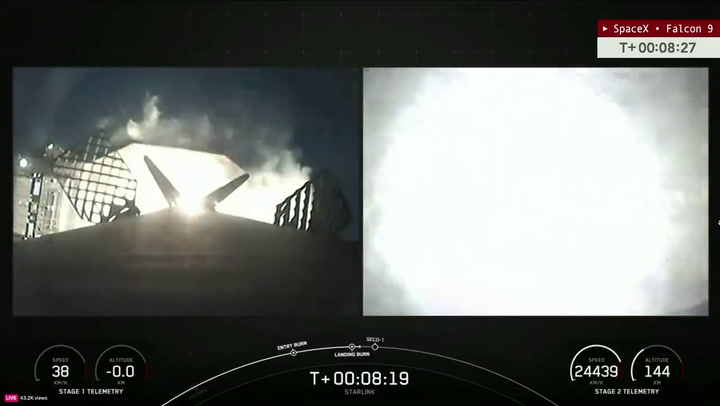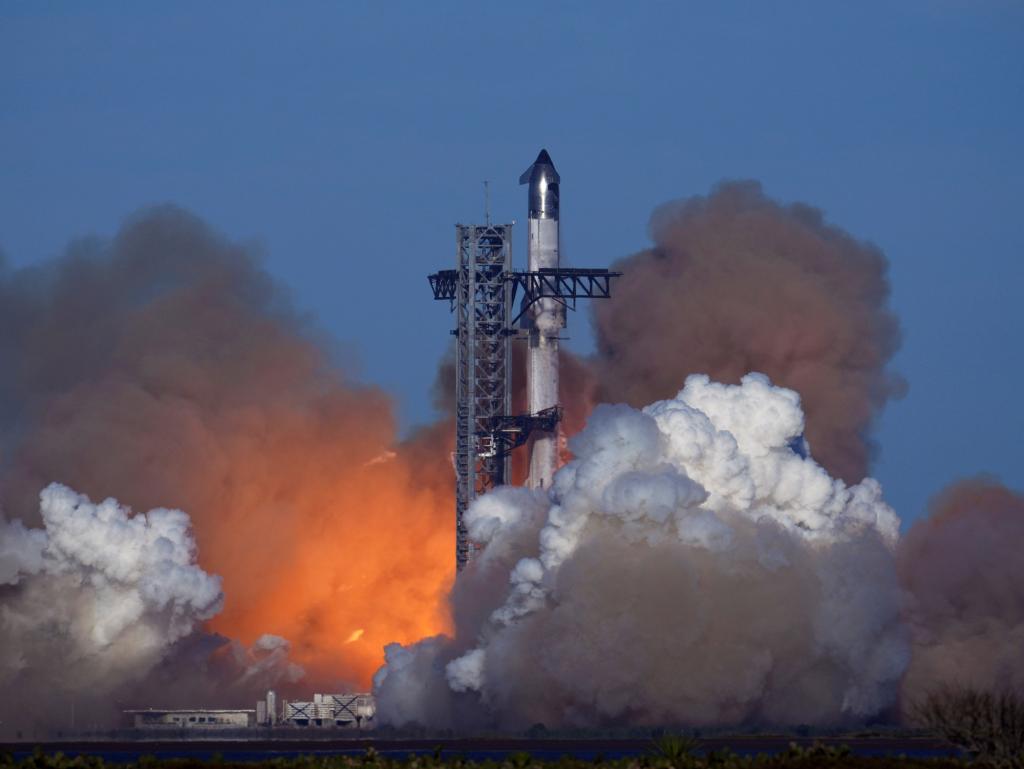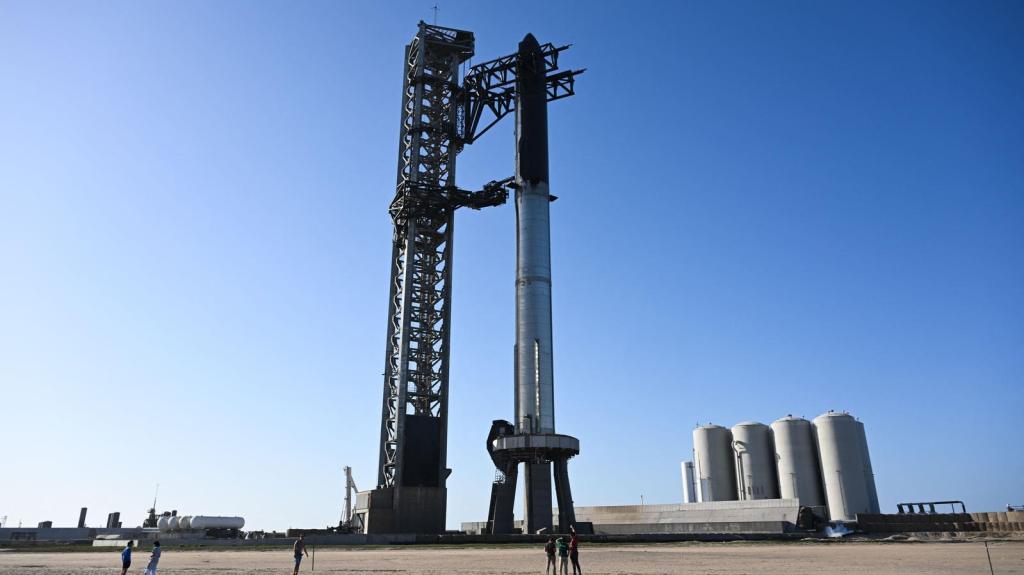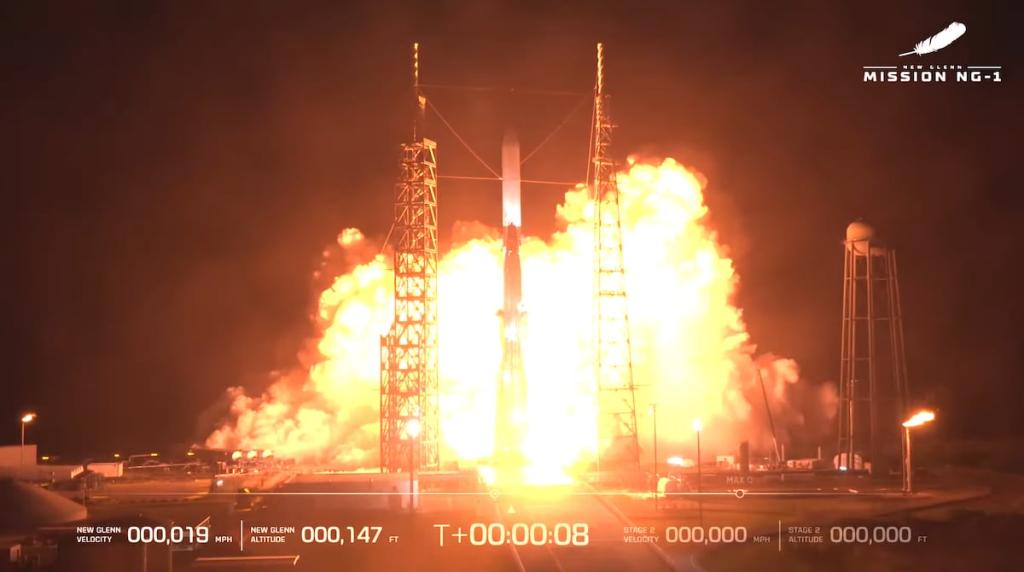Falcon 9 Grounded by FAA Impacting SpaceX's Future Missions
Discover how the FAA's grounding of SpaceX's Falcon 9 rocket impacts upcoming missions and highlights the importance of safety in space exploration.

Key Points
- The FAA has grounded SpaceX
's
Falcon 9rocket following a failed landing, necessitating an investigation into safety protocols.
- This suspension could lead to delays for upcoming missions, including the highly anticipated Polaris Dawn
spacewalk.
- Despite this setback, SpaceX remains committed to addressing safety concerns and maintaining its leadership in space exploration.
In the ever-accelerating world of space exploration, SpaceX has consistently remained at the forefront, pushing boundaries and setting new standards. However, the company's recent hurdles regarding the Falcon 9 rocket remind us that even pioneers in space travel face challenges. Following a failed landing attempt that resulted in the rocket bursting into flames, the U.S. Federal Aviation Administration (FAA) has suspended all Falcon 9 launches, casting a shadow on upcoming missions. This situation highlights the importance of safety protocols and the rigorous investigation processes that follow such incidents.

What Led to the Suspension?
On August 28, during a standard Starlink mission, the Falcon 9 rocket successfully deployed 21 satellites into orbit. While the launch itself was a success, the return of the first-stage booster did not go as planned. Instead of achieving its typical smooth landing on the droneship, the booster tipped over and exploded shortly after touchdown in the Atlantic Ocean, marking a significant setback for SpaceX.
Recognizing the need for thorough investigation, the FAA mandated an inquiry into the incident to determine the root cause and any possible risks to public safety. The agency has made it clear that future launches can only resume once it is satisfied that all related systems and procedures effectively ensure safety.
Factors Influencing Upcoming Missions
This grounding will inevitably impact several anticipated missions, including the Polaris Dawn, which is set to be an extraordinary expedition involving the first all-civilian spacewalk. Initially scheduled for takeoff shortly after the Falcon 9 incident, Polaris Dawn's launch may be significantly delayed as the FAA reviews the findings of the investigation.
Moreover, SpaceX was also poised to conduct a NASA mission to bring astronauts back home using the Falcon 9 rocket. The ramifications of the grounding could ripple through the schedule, affecting not just SpaceX's operations but also broader plans involving NASA.
The Importance of Investigative Measures
This incident highlights a critical aspect of aerospace operations: the importance of safety and governance in a burgeoning industry. The FAA's decision to halt Falcon 9's operations underscores how vital it is to prioritize public safety, even at the risk of economic setbacks. The investigation process, while potentially time-consuming, plays an essential role in ensuring that such incidents do not repeat and that the industry continues to advance in a safe manner.
While grounding a reliable rocket like Falcon 9 is a rare occurrence — this being only the second instance this year — it brings to light the rigorous maintenance required in space endeavors. The previous grounding took place in July due to an upper-stage engine malfunction, which was resolved after just two weeks of investigation. SpaceX aims to keep its missions on track, and its proactive approach contributes significantly to maintaining safety without significantly delaying operations.
Looking Ahead
As the investigation unfolds, SpaceX will focus on addressing any issues discovered and implementing corrective measures. Jon Edwards, a vice president at SpaceX, expressed the team's commitment to understanding the failure swiftly, highlighting the resilience that the company is known for. The process not only showcases SpaceX’s commitment to excellence but illustrates how the organization copes with setbacks.
SpaceX has established itself as a leader in space exploration, with over 350 successful Falcon 9 launches since its inception. However, sustaining that momentum requires meticulous attention to detail and adherence to safety protocols. The space industry is a remarkable field where innovation meets rigorous regulatory standards, and this recent incident serves as a stark reminder of that balance.
As we await updates on the investigation, one thing remains indisputable: SpaceX's dedication to pushing the boundaries of human exploration and its perseverance in overcoming challenges will continue to lead the way forward in our quest to explore the cosmos. In the time of obstacles, such perseverance may shape the future of space travel into something even more remarkable.


